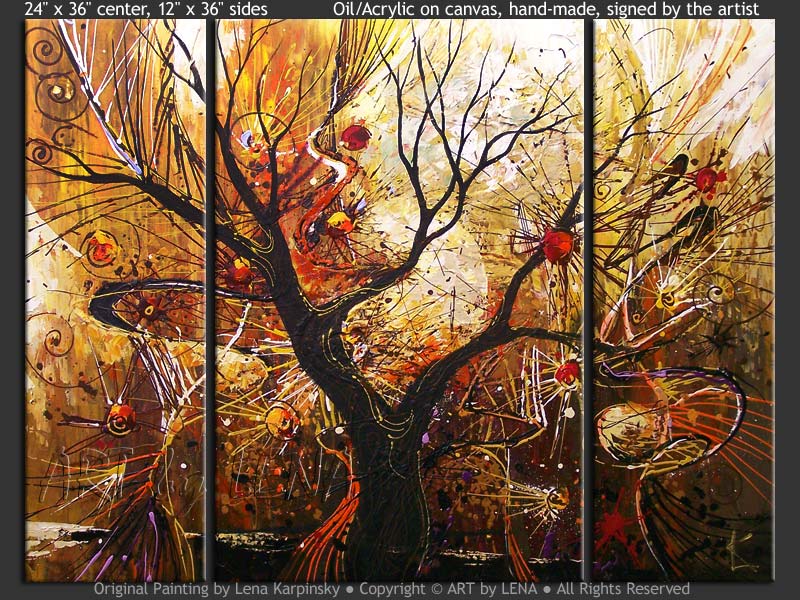One of the Revgals, Jan, posted this Friday Five:
Last week and this week, I am driving long distances in Texas, first to Houston and today to Austin from Corpus Christi: both times to meet relatives from Canada flying here. This makes me think of trips taken in my life: vacation, moving, visiting relatives, visiting friends, seeking a new home, going away to school, and probably many more.
For today’s Friday Five, tell about five different trips you have made in your life due to different reasons, modes of travel, or whatever category you choose!
Please link to your post in the comments below. Since I will be traveling, I will check in on your “travels” when I reach my destination.
Happy and safe travels!
- Mexico: In the early '70's when I was in my 20's I went to Mexico. I fell in love with the country and the people. There was so much color, so much history, such beauty and so much more to the nation that gave Texas its beginnings than I was teaching in my Texas History classes. I finally ended up spending some time there doing mission work. I learned a smattering of Spanish, how to manage outside my own culture and a type of humility that visiting other countries should provide for those who travel, but so often doesn't. I worked in the states of Morelia and Guerrero. I broke my hip there and that was a trip in itself, but it ended my missionary career.
- In 1983 I went to my first General Convention of the Episcopal Church. I was newly ordained. J. was in charge of the Women's Caucus booth so we decided to borrow my brother's camper van and drive to Anaheim from TX. We camped and drove, saw Santa Fe, the Grand Canyon and various other sites along the way. I loved New Mexico. I fished the Rio Grand and the King in CA. We visited the northern part of NM into the mountains near Chalma. When we were in the Grand Canyon, that night the harvest moon rose up over the canyon. It was one of the loveliest sights I have ever seen.
- In 1995, I took sabbatical and went to the UK. From there a group made the Pilgrimage to Santiago Compostella from Canterbury. We didn't walk, but did it on a tour bus. We traveled to the monastery at Bec, the abbey from which many of the early Archbishops of Canterbury would come. We visited many cathedrals of the Romanesque period. We stayed at Silos in Spain where all those Chant records were recorded. On the way home, J met me in Paris and we drove to Beaunne for the Beaujolais festival and then to Cluny and Taize
- In 2009 on Easter morning just after my final service, I got a call from my brother that my mother was dying. She was 97 and in an assisted living facility in Fort Worth. I was living in southern NY state. Of course over the holiday it was difficult to get flights, but I will always be indebted to American Airlines who was able to get me on a flight on Mon. night. I got in about 3 am and went straight to the facility. Mom was in a coma, but I sat on her bed and talked to her for a long while. I thanked her for waiting for me. I knew she would hang on as long as I was there so I told her that the whole family was home. Even my eldest niece had come in. I told her I was going to go home and get some lunch. By the time I got back to my brother's house, we got the call that she had died. It was a special trip. Hard, but holy.
- This October, I went back to Mexico for the first time since my youth. We went with friends who have a sister who lives in Guanajuato. We spent a week in Mexico City and then a week and a half in Guanajuato and various other cities. We were there for the Day of the Dead, a great festival of memorials and family in central Mexico. We visited the Templo Major which had not even been discovered when I was there in the '70's. We visited the city where Mexican Independence began. We attended the Episcopal Church in Mexico City which was wonderful. They were celebrating the Armistice Day, and most of the English ex-pat community was in attendance. We were even treated to a Mexican bag pipe band, kilts and all as well as the British Ambassador and various military personages and a number of WWII vets with all their ribbons. Mexico has grown tremendously in the 40 years I have been gone. We saw nothing of the 'narco-terrorists' there. We were safer there than we would have been here in TX.



